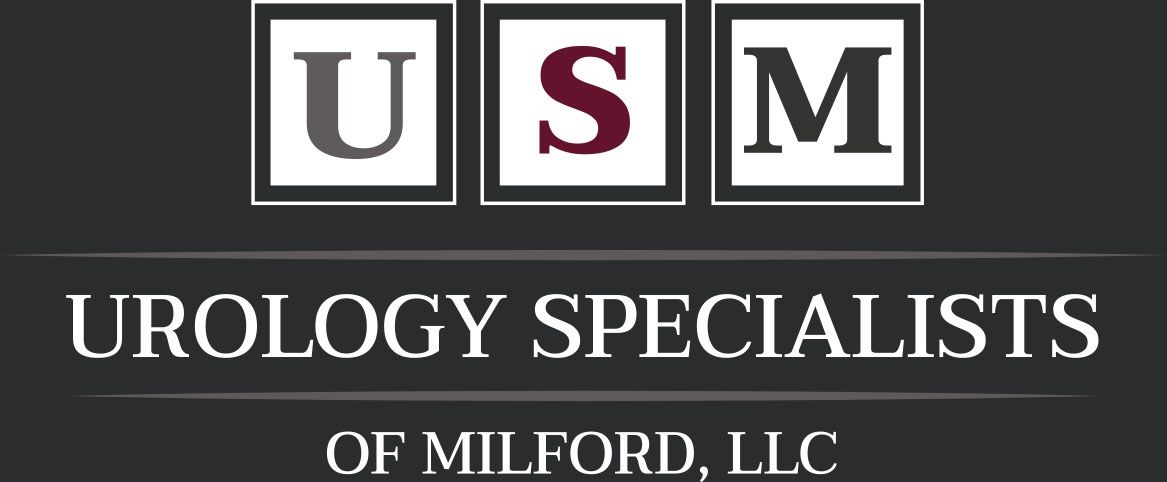Kidney stones can be a big pain! I know this first hand as I’ve had 3 kidney stone attacks myself over the past 15 years. As a urologist, when I see patients with kidney stones, I can truly sympathize!
Why They Form
Kidney stones are extremely common- affecting approximately 20 % of all men and 10% of all women. Risk factors include diabetes, high blood pressure and obesity. Kidney stones are caused by too many minerals in the urine forming crystals, which grow together over time to form a stone. There are several types of stones, but most are made of calcium while others are made of uric acid which comes from proteins.
Symptoms
When kidney stones initially form and remain up in the kidney, they rarely cause any pain. When the stones move out of the kidney and drop into the ureter (the tube between the kidney and the bladder), they can cause severe pain if they block the flow of urine out of the kidney. When they do drop into the ureter, they typically cause very sharp or “colicky” pain which starts in the flank and radiates around to the lower part of the abdomen or genital area. Nausea, vomiting and blood in the urine typically accompany the severe pain. You may also have a fever or chills if there is a urinary infection as well.
Diagnosis and Treatment
If you have any of these symptoms, you should see your primary care provider immediately. If the symptoms are severe, you should go to one of Milford Regional Medical Center’s urgent care centers or the hospital’s emergency department. Kidney stones are one of the most common conditions we see in the ER. Your evaluation will include urine and blood tests and usually an imaging study such as an x-ray of the abdomen (KUB), an ultrasound of the kidneys or a CT scan of the abdomen. It’s important to determine the size, number and exact location of the kidney stone(s) in order to plan an appropriate treatment strategy. You will likely be referred to a urologist on staff at MRMC to treat your kidney stones. If the stone is small (under 6 mm) it will often pass on its own with vigorous hydration and medications. If it’s larger, it may require a procedure to unblock the kidney and remove the stone. The good news is that we almost never need to make an incision to treat kidney stones because of the vast array of minimally invasive procedures performed at MRMC. Common kidney stone procedures, performed under anesthesia in the MRMC Operating Rooms include:
- Cystoscopy and ureteral stent placement – a procedure which unblocks the ureter by placing a small silicon tube placed through the bladder and up into the kidney
- Ureteroscopy with laser lithotripsy – placing a telescope into the ureter and breaking up the stone with a thin laser fiber and removing the pieces
- Extracorporeal shockwave lithotripsy (ESWL) – using a special machine called a lithotripter to generate high power sound waves to break up the stone which will then pass easily as tiny pieces of “sand”
- Percutaneous nephrostolithotomy – placing a telescope directly into the kidney through a 1 inch incision in the flank to break up and remove larger stones.
Follow Up
Once your kidney stones have been treated, it’s important to do some tests to prevent future stone formation as over half of all patients will develop another kidney stone in the future. An at-home urine collection for 24 hours is an important test to determine whether there are any dietary changes or medications needed to prevent future kidney stones. In general, if you drink more fluid (up to 3 quarts per day), reduce salt intake and add citrus fruits and juices to your diet, you can prevent most kidney stones from forming. Contrary to popular belief, too much calcium in the diet is rarely the cause of kidney stones.
For more information or to schedule an appointment with Dr. Jeffrey Steinberg at Urology Specialists of Milford, LLC., please call his office at 508-473-6333 or visit www.urologyspecialistsofmilford.com.
Jeffrey Steinberg, MD, earned his medical degree from Temple University in Philadelphia, PA in 1986. He completed an internship and residency in surgery at Beth Israel Deaconess Hospital, Boston, MA. Dr. Steinberg continued his training at Harvard Medical School, performing a urology residency and subsequently receiving a Master of Science in Health Care Management from the Harvard School of Public Health. Dr. Steinberg has been certified in robotic surgery since 2005. He founded the Boston Urological Society in 2005 and patented the first portable cystoscope.
